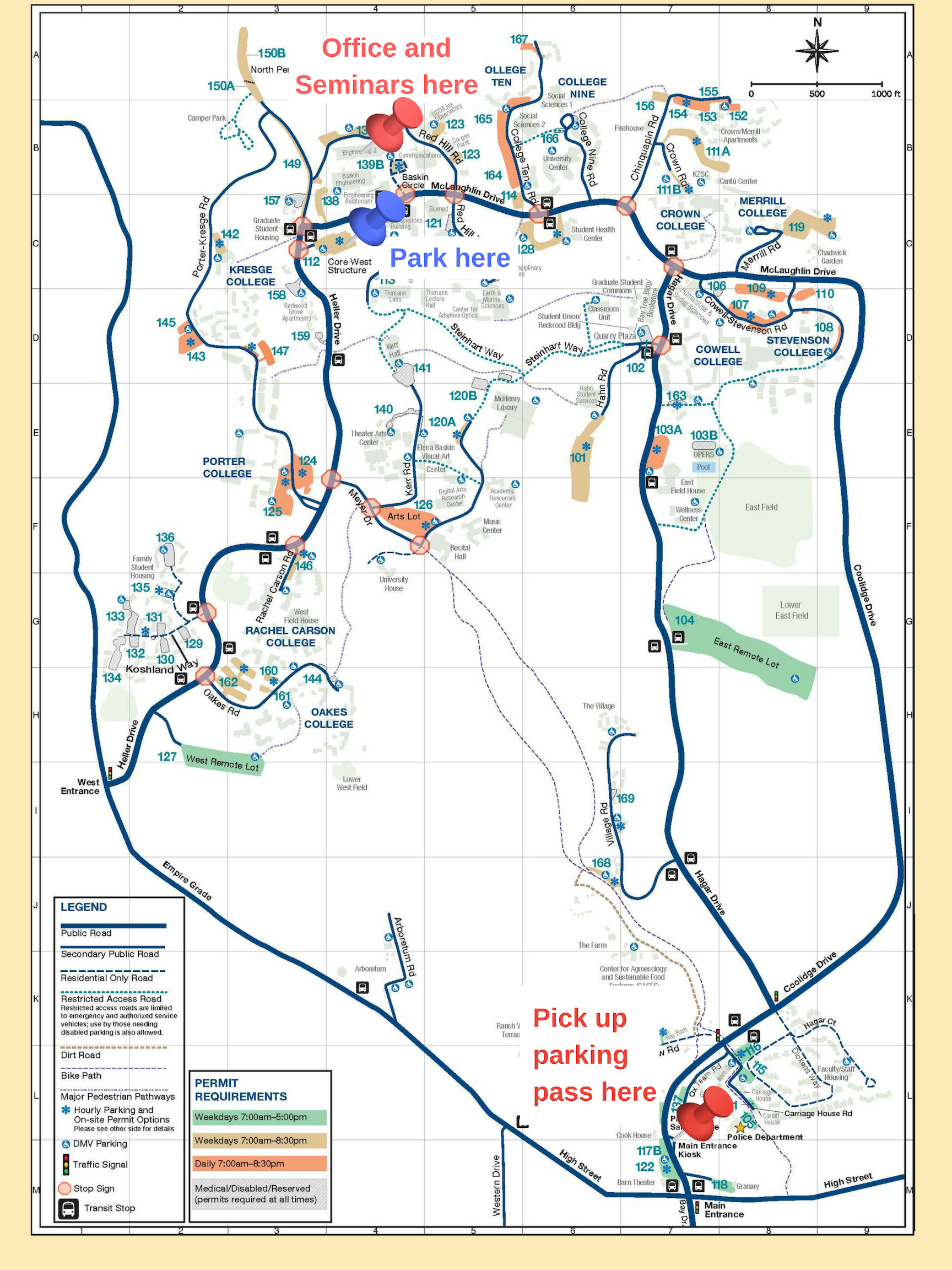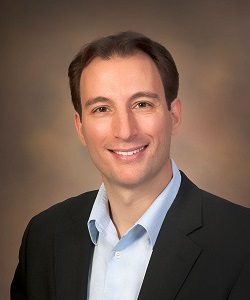About Us
We live in an age of unprecedented interconnectivity. Our lives are mediated by technologies that connect us to one another, to information, and to objects in ways we have never before experienced. As we continue to move towards a future that integrates technology seamlessly with physical components, cyber-physical systems have risen to the forefront of modern research. Just as the Internet fundamentally changed the way we interact with information, so will cyber-physical systems transform the ways in which we interact with the physical world. By developing the resources we need to understand, design, manage and control these systems in a scalable, efficient and secure way, we are ensuring their safe usability in the future.
The mission of the Cyber-Physical Systems Research Center is to promote and facilitate collaborative research activities across the University of California, Santa Cruz, and with our academic and industry partners. Through novel foundational and applied research, our mission will support applications from smart cities to connected health; power grids to agriculture; manufacturing to transportation.
Three intertwined research areas provide the basis for our research: autonomous systems, human sensing, and interconnected things. We explore these areas with an interdisciplinary approach to address complex issues of system design and algorithm development of cyber-physical systems. The Center engages in synergistic and collaborative research among faculty at UC Santa Cruz, their students and postdocs, and industry partners at the forefront of applications of cyber-physical systems. We are excited to be part of this innovative research for the modern world.



